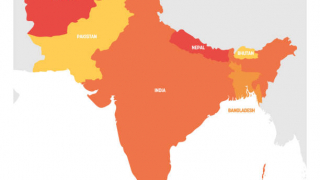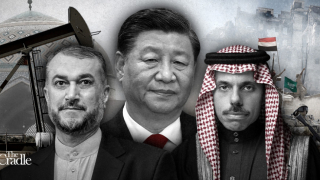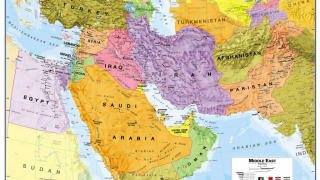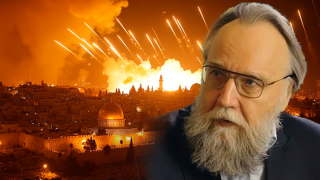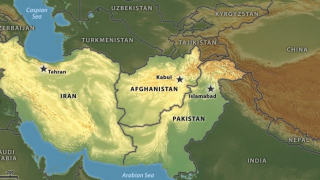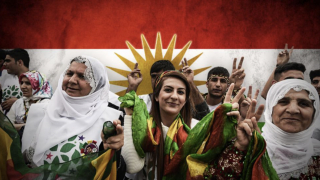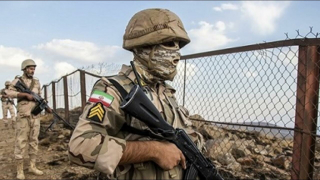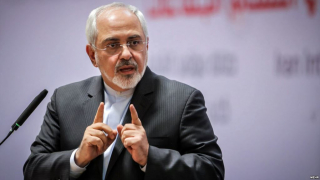Exigencies and Considerations on Nuclear Talks
25.08.2013
Three options are conceivable with regard to the organization of Iran’s nuclear talks:
First option: Like previous rounds of negotiations, the United Nations Security Council should be left at the helm in order to set the direction of the nuclear case.
I believe that this option cannot be accepted because these negotiations are of a political nature and securitization of this case will not be beneficial. As we have seen so far, taking a security approach to this case has failed to help the involved parties to find a solution for it, or achieve considerable progress on this case.
Second option: Negotiations should be steered by Iran’s Foreign Ministry.
There are many benefits to this option. The Ministry of Foreign Affairs is the sole diplomatic apparatus in Iran which can support these negotiations. At present, the highest ranking person in charge of the country’s diplomatic apparatus, namely, the foreign minister, is also a prominent career diplomat who can meticulously supervise the way these negotiations are carried out and monitor the overall progress of the nuclear case. This ministry can advance the case through negotiations and diplomatic give-and-take.
Third option: Negotiations may be carried out by a special political envoy in cooperation with the Ministry of Foreign Affairs and under direct supervision of the President.
The main advantage of this option is that a special representative under the oversight of the President can play a more effective role in creating national consensus [on this case] away from all kinds of organizational prejudices. It should be noted that these negotiations enjoy two important domestic and foreign aspects. To forge domestic consensus over a solution to the nuclear case is by no means less important than its foreign aspect. Therefore, this point should be carefully born in mind. Regardless of the final option that will be chosen for the organization of the nuclear talks by the Ministry of Foreign Affairs and the President through consultation with other high-ranking officials, that option should have the following characteristics:
1. It should be unavoidably a political and diplomatic option, not a security one. This means that the majority of people who make decisions on this case should be diplomats;
2. The foreign minister and the Ministry of Foreign Affairs should have the highest degree of influence on this case and play the most important role in supporting it and moving it forward;
3. A clear process should be formulated in order to create domestic consensus on the negotiations, so that, the domestic aspect of negotiations would be uncontroversial or accompanied with the least possible amount of controversy;
4. Since these negotiations enjoy important economic dimensions, it is necessary for these economic considerations to be taken into account when formulating a framework for the negotiations and they should be also a focus of attention during practical talks as well; and
5. Members of the negotiating team should enjoy enough experience in conducting diplomatic negotiations.
As for the substance of the negotiations, two more points should be also born in mind:
First point: It is not necessary for the negotiations to proceed through the P5+1 group. Perhaps another framework should be found for the negotiations, so that, the opposite side of the negotiations would be the same country with which we have the highest number of problems. Naturally, reaching an agreement with such a country will redirect other five members of the P5+1 to move in the same direction.
Second point: The time frame is of utmost importance because, on the one hand, showing any haste in getting negotiations to a final result without due attention to the opposite side’s intention and negotiation tactic will undermine our position in negotiations. On the other hand, however, prolongation of negotiations and failure to find a conclusive result within an acceptable time frame will not have a positive impact on the public opinion.
Source: IranReview



